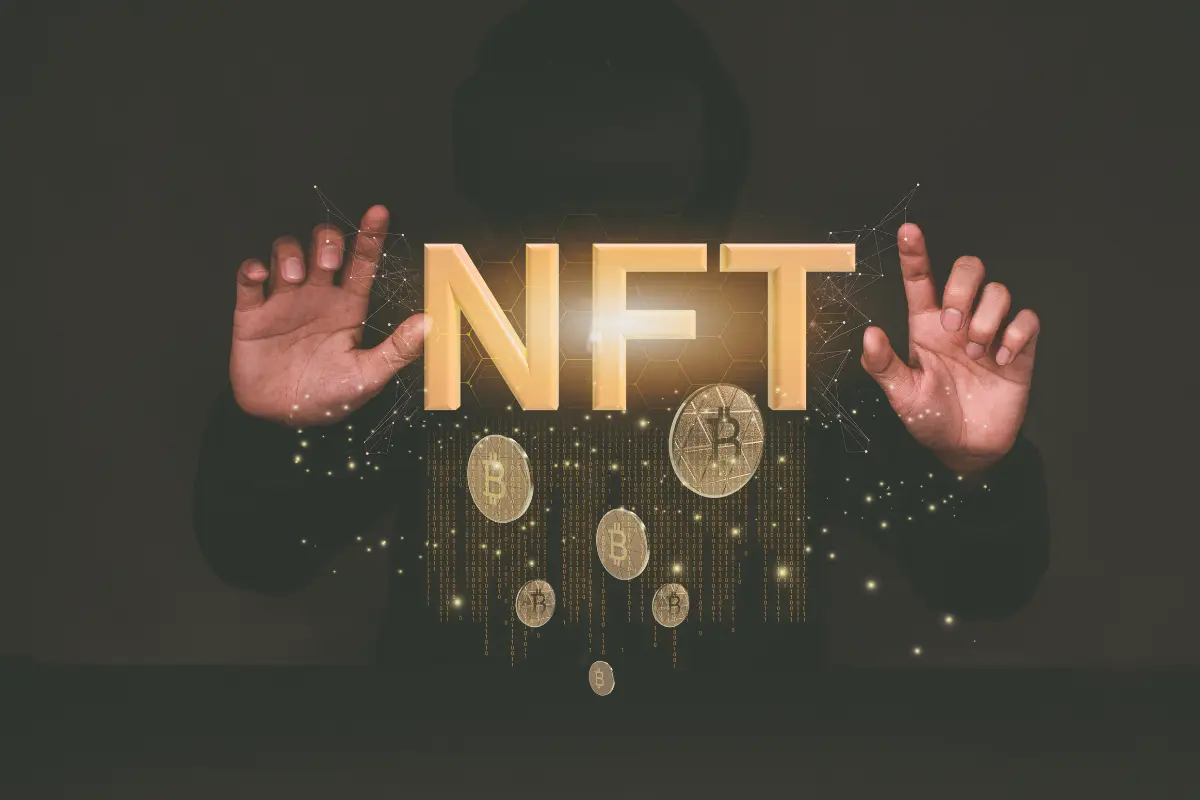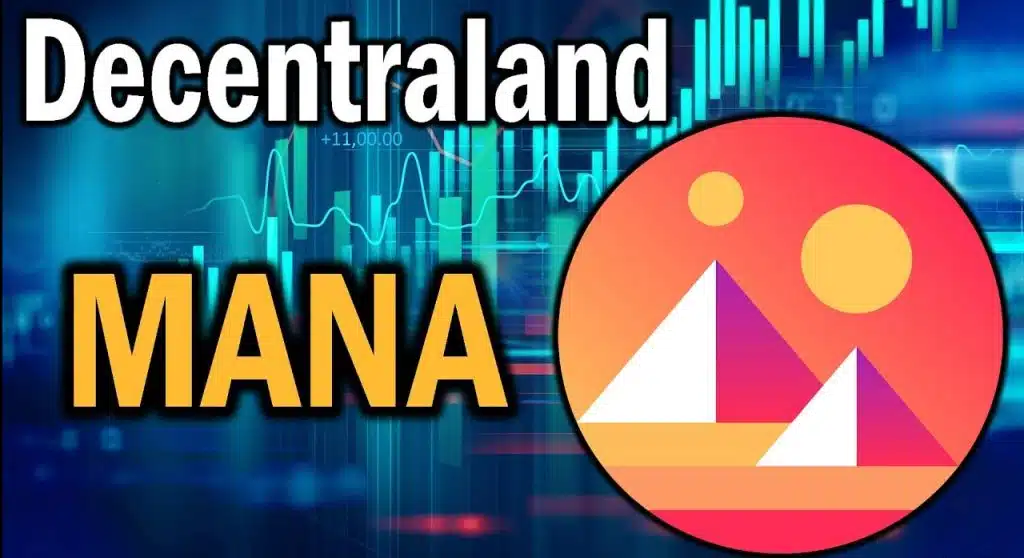Cryptocurrency tokens are digital assets with diverse utilities within blockchain ecosystems. Understanding their economics, known as tokenomics, is crucial for navigating the complexities of the crypto market. This article explores the fundamental principles of tokenomics, including supply, demand, and circulation, offering insights into the dynamics that drive token value. If you wish to learn about investing with education companies, you might consider visiting https://altrix-edge.com/.
What Are Cryptocurrency Tokens?
Cryptocurrency tokens are digital assets that represent a certain value or utility within a specific blockchain ecosystem. Unlike cryptocurrencies such as Bitcoin or Ethereum, which have their own independent blockchains, tokens are typically built on existing blockchain platforms, like Ethereum or Binance Smart Chain, using standards like ERC-20 or BEP-20.
These tokens can serve a variety of purposes, including access to a product or service, voting rights in a decentralized organization, or as a form of digital currency.
Tokens can be broadly categorized into two main types: utility tokens and security tokens. Utility tokens are designed to provide access to a specific product or service offered by a project.
For example, a decentralized application (dApp) might require users to hold a certain amount of utility tokens to access its features. On the other hand, security tokens represent ownership of an underlying asset, such as shares in a company or real estate. These tokens are subject to regulatory oversight and must comply with securities laws.
Cryptocurrency tokens are digital assets that represent value or utility within a blockchain ecosystem. They can be used for a variety of purposes and are built on existing blockchain platforms using standards like ERC-20 or BEP-20.
The Basics of Tokenomics
Tokenomics, short for token economics, is the study of the economy of tokens. It encompasses the various factors that affect the value and circulation of a cryptocurrency token. The key components of tokenomics include supply, demand, and circulation.
Supply refers to the total number of tokens that exist or will ever exist. Some tokens have a fixed supply, meaning that there will never be more tokens created beyond the initial supply. Other tokens may have a dynamic supply, where new tokens are minted or burned based on certain conditions.
Demand, on the other hand, is driven by the desire of individuals or entities to acquire and hold tokens. Factors such as the utility of the token, the perceived value of the project behind the token, and market speculation can all influence demand.
Circulation refers to the amount of tokens that are actively being traded or used within the ecosystem. Tokens that are locked up in smart contracts or held by long-term investors are considered to be out of circulation, while tokens that are being actively traded are in circulation.
Tokenomics is the study of the economy of tokens, including supply, demand, and circulation. These factors play a crucial role in determining the value and success of a cryptocurrency token.
Tokenomics vs. Traditional Economics
Tokenomics differs from traditional economics in several key ways, primarily due to the digital and decentralized nature of tokens. Traditional economics deals with the study of how individuals, businesses, and governments allocate resources to meet their needs. It focuses on concepts such as supply and demand, market equilibrium, and pricing mechanisms.
On the other hand, tokenomics is specifically concerned with the economy of tokens within a blockchain ecosystem. Tokens operate in a decentralized environment, meaning that they are not controlled by any single entity. This decentralization gives rise to unique features such as transparency, immutability, and censorship resistance.
Additionally, tokenomics often involves the use of smart contracts, which are self-executing contracts with the terms of the agreement directly written into code. These smart contracts can automate various aspects of tokenomics, such as token distribution, governance, and incentivization.
While traditional economics deals with the broader study of resource allocation, tokenomics focuses specifically on the economy of tokens within a blockchain ecosystem, utilizing decentralization and smart contracts to create unique economic models.
Factors Influencing Token Value
The value of a cryptocurrency token is influenced by a variety of factors, including but not limited to:
- Utility: The utility of the token, or the usefulness of the token within the ecosystem, can greatly impact its value. Tokens that have a clear and practical use case are more likely to be in demand.
- Scarcity: The scarcity of the token, or the limited supply of tokens available, can also affect its value. Tokens with a limited supply are often more valuable, as they are perceived to be more scarce and therefore more desirable.
- Demand: The demand for the token, or the desire of individuals or entities to acquire and hold the token, plays a significant role in its value. Factors such as market speculation and the perceived value of the project behind the token can influence demand.
- Market Conditions: The overall market conditions, including factors such as market sentiment, regulatory developments, and macroeconomic trends, can also impact the value of a token.
- Technology and Development: The technology behind the token and the development team working on the project can also influence its value. Projects with strong technology and a dedicated development team are more likely to succeed, which can positively impact the value of the token.
Conclusion
In conclusion, tokenomics plays a pivotal role in the cryptocurrency space, shaping the value and utility of tokens. As the market continues to evolve, a deeper understanding of tokenomics will be essential for investors, developers, and enthusiasts alike. By grasping the fundamentals outlined in this article, individuals can make informed decisions and navigate the ever-changing landscape of cryptocurrency tokens.


![Dogecoin Price Prediction 2050 [Updated] 3 Dogecoin price prediction 2050](https://knowworldnow.com/wp-content/uploads/2022/03/Dogecoin-price-prediction-2050.webp)
![SafeMoon Price Prediction 2023, 2025, 2030, 2040, 2050 [Updated] 4 SafeMoon Price Prediction 2023, 2025, 2030, 2040, 2050](https://knowworldnow.com/wp-content/uploads/2022/09/SafeMoon-Price-Prediction-2023-2025-2030-2040-2050.png.webp)

